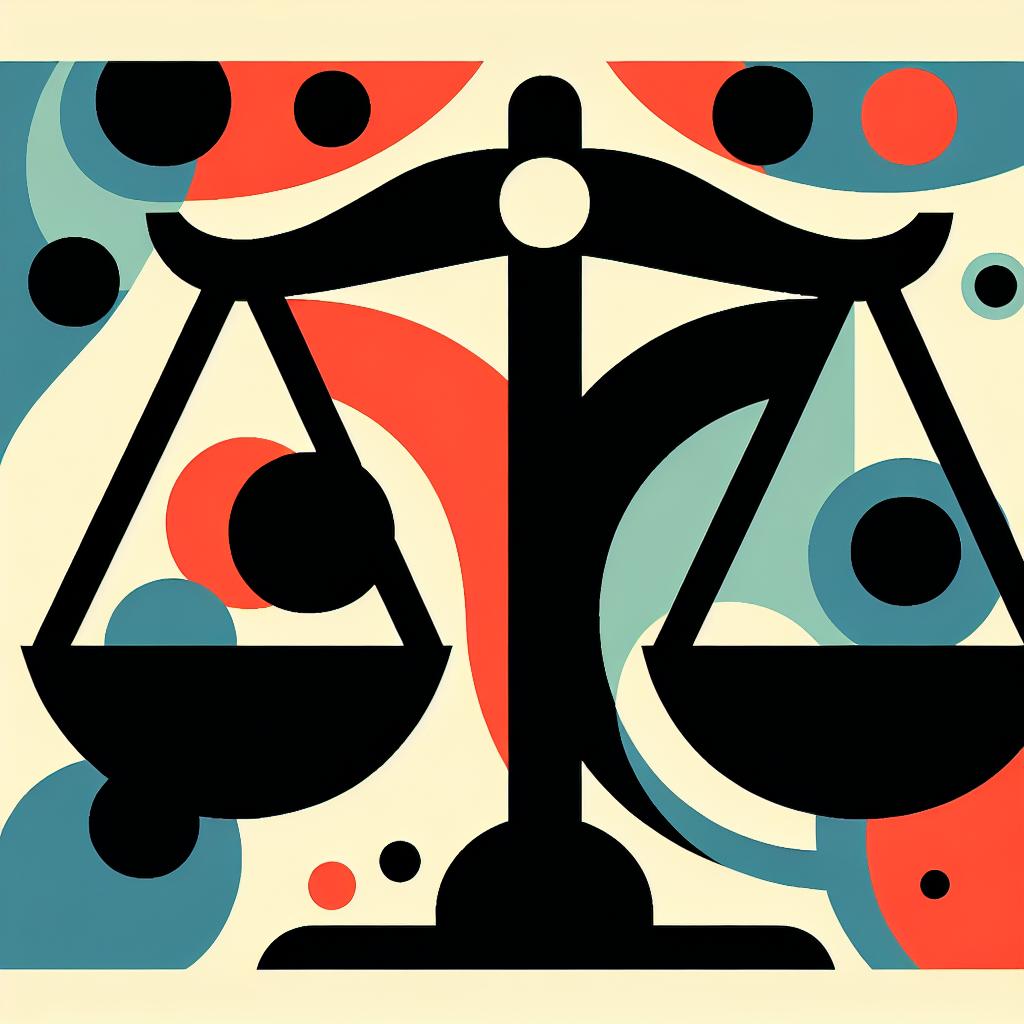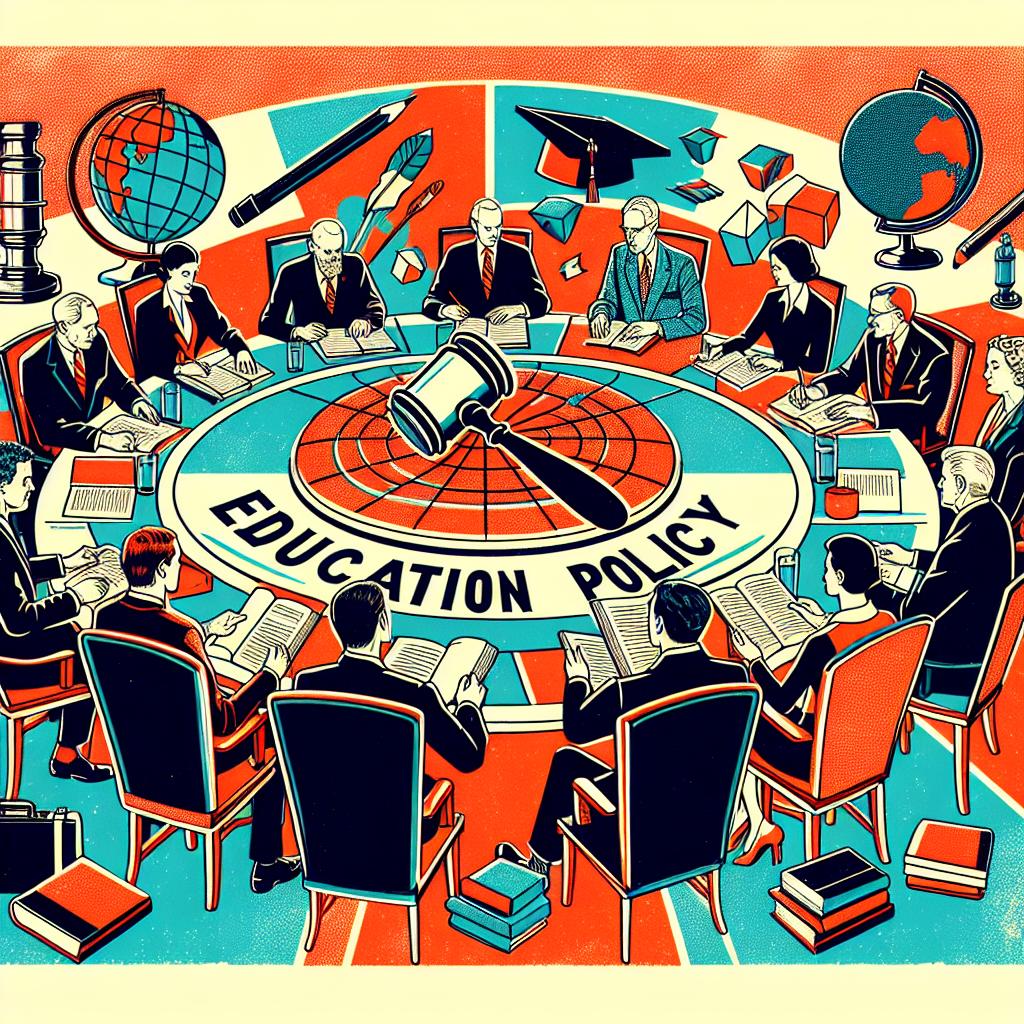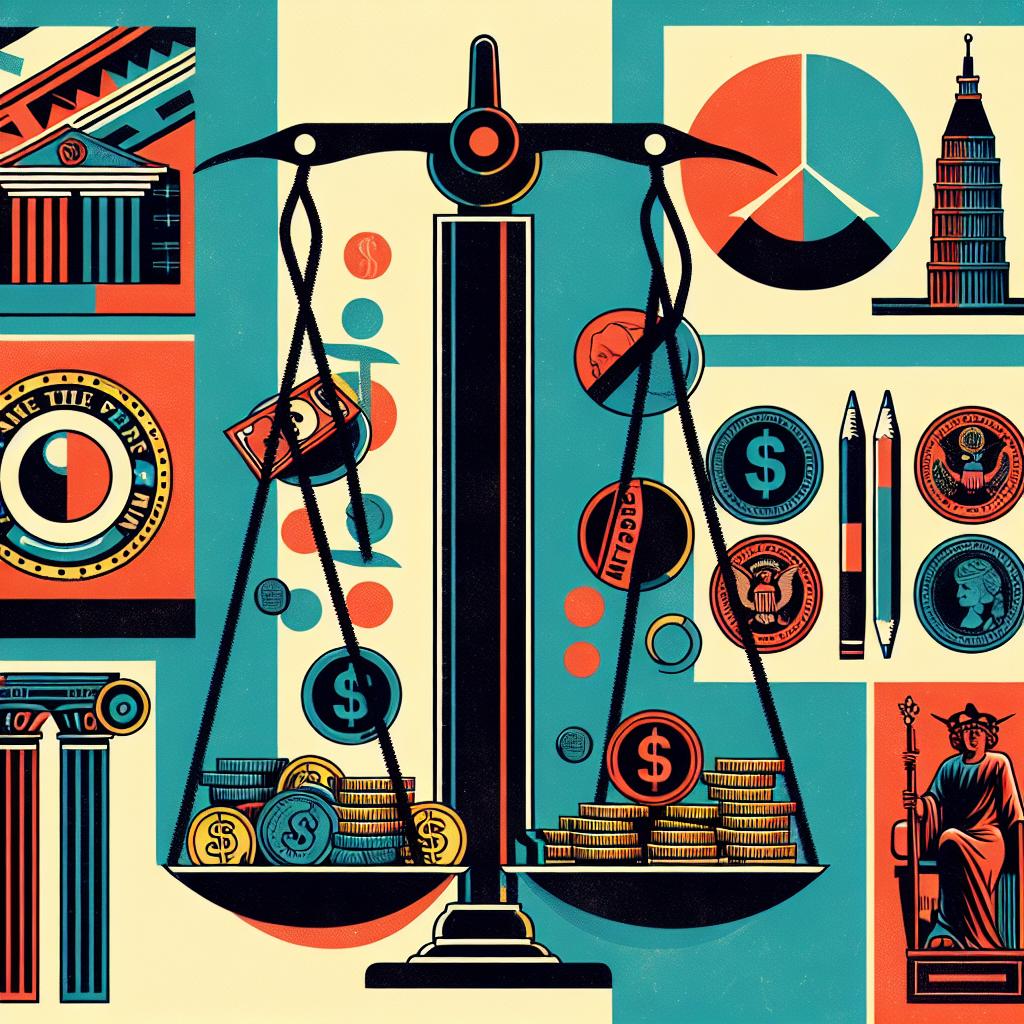The Growing Momentum for Reparations
Reparations for slavery and systemic racism in the United States have been a topic of intense debate over the past few years. As public awareness of racial injustices has been amplified by movements such as Black Lives Matter, the conversation around reparations has gained significant traction among experts, advocates, and policymakers alike.
The push for reparations is fueled by a growing acknowledgment of the deep-rooted inequalities that stem from centuries of oppression. Several cities, most notably Evanston, Illinois, have started implementing municipal reparations programs as a pioneering effort to address historical injustices. In Evanston, local officials have allocated funds to provide housing assistance to qualifying Black residents, recognizing patterns of residential segregation and discriminatory housing practices.
“Evidence suggests reparations could significantly bridge racial wealth gaps.” This assertion is supported by various studies indicating that reparations could provide significant economic relief and promote generational wealth-building among historically disadvantaged communities. Advocates argue that such measures are not merely compensations for past wrongs but necessary steps to create an equitable future.
Divided Opinions: Who Qualifies for Reparations?
While there is consensus regarding the impact of systemic racism, opinions about who qualifies for reparations—and in what form—vary widely. Some propose direct cash payments, while others lean toward investments in education, healthcare access, or housing. The debate often gets bogged down by questions of eligibility—should reparations be limited to descendants of enslaved individuals, or should it also extend to others affected by racial injustice?
These questions reveal the complexity of reparative justice and demonstrate how beliefs about race, history, and justice intersect. The variety of opinions may complicate legislative efforts, but they also reflect a robust democratic discourse, emphasizing the moral weight behind the reparations conversation. Supporters argue that acknowledging and rectifying systemic inequities is not only a form of justice but a necessary step in nation-building, especially in a society claiming to uphold equality as a core value.

Learning from Historic Precedents
Lessons from global precedents in reparative justice could play a crucial role in shaping U.S. policies. Countries such as Germany have engaged in reparations for Holocaust survivors, illustrating how states can acknowledge wrongdoing and offer restitution for suffering endured. These historical cases serve as models for discussions surrounding reparations in the United States, providing frameworks for implementation and addressing potential pitfalls.
Moreover, examining countries that have embarked on reparations journeys, whether for war crimes, colonialism, or slavery, reveals the importance of collective memory and public acknowledgment in fostering reconciliation. For instance, South Africa’s Truth and Reconciliation Commission was designed to confront past injustices, allowing the nation to move forward. While reparations need not be the only answer, they are an integral piece of a larger commitment to heal and move toward a more equitable society.
As the conversation continues, the challenge remains: how can we authentically engage with the past to inspire equitable solutions for the future?”
In gathering evidence and structuring arguments for reparations, advocates can draw upon these precedents to craft proposals that encompass not just compensation but comprehensive strategies for economic, social, and political equality. This nuanced approach recognizes reparations as a process requiring patient dialogue, community involvement, and a vision for a shared future.
A Path Forward
Navigating the reparations debate requires addressing several underlying questions with sincerity. How can we recognize the scope and impact of systemic racism? What role should local and federal governments play? How do we balance acknowledgment of historic injustices with the complexities of contemporary society?
Ultimately, advances in the reparations conversation should aim to connect communities deeply affected by historic discrimination with opportunities for empowerment, wealth creation, and social capital. While opinions differ on the specifics, what seems clear is that a healing journey is necessary, one that truly examines America’s moral obligations to all its citizens.
By leaning into historical truths and engaging with the lived experiences of those affected, society can move closer to rectifying the wrongs of the past, forging a path toward a more inclusive and just future.



